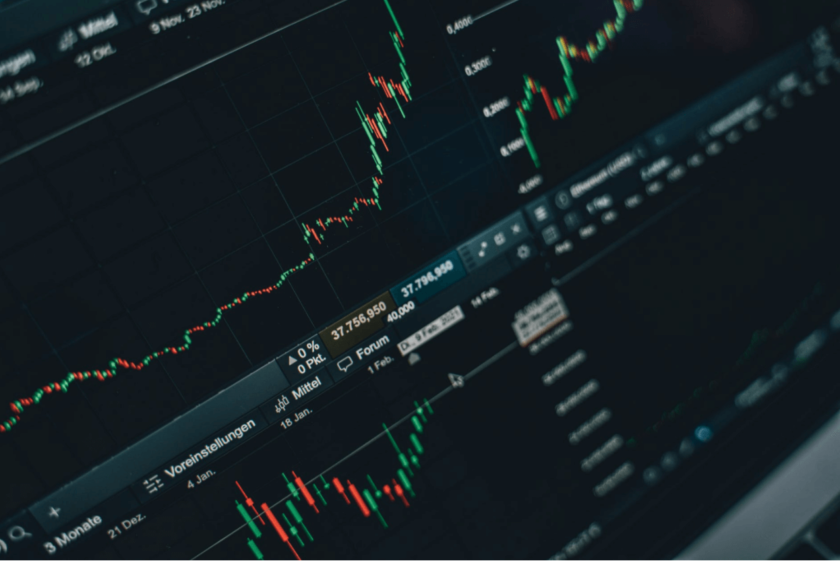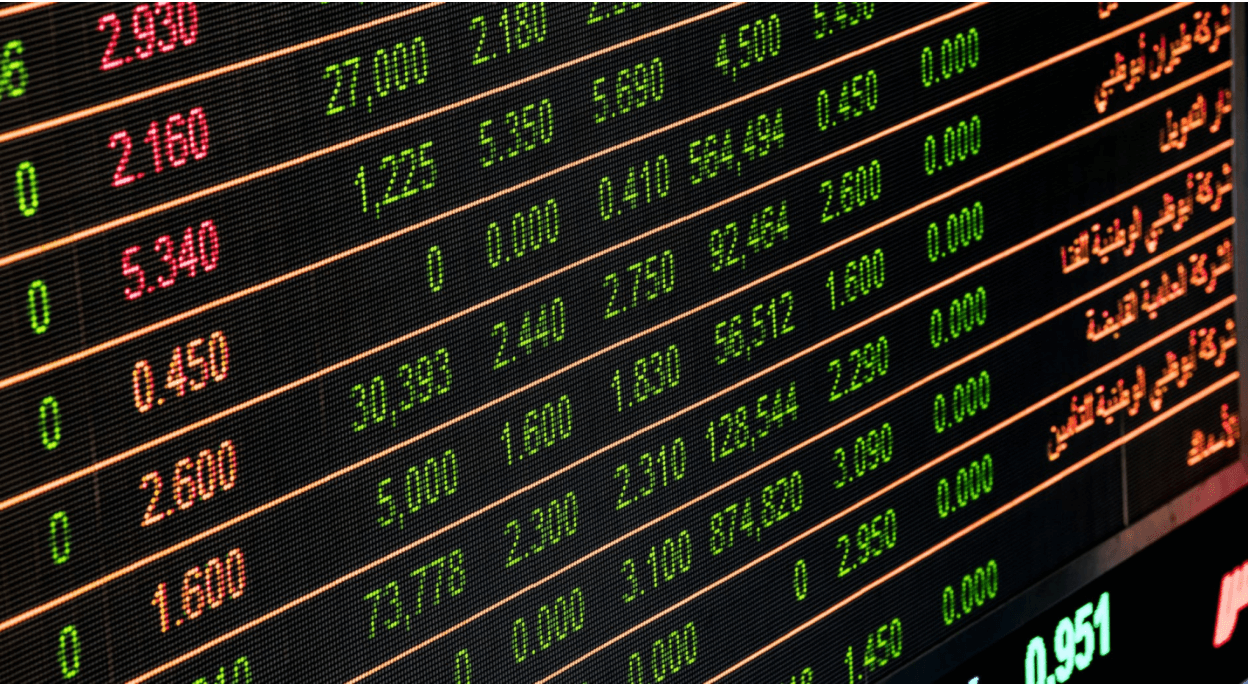When you are new to forex trading, it is useful to think about the kind of approach you would like to take. Different types of forex trading suit different types of people, and you may find that one approach suits your lifestyle better than the others.
Here, we’ll break down four of the main types of forex traders, giving you some idea of the main differences between them to help you decide which style suits you best. We’ll also ask, what does leverage mean in forex? And how does this impact the different types of forex traders?
The Four Kinds of Forex Trader
There are four main types of forex traders this article will explain: day traders, swing traders, position traders, and scalper traders. Each type of trading suits different people for different reasons, and you may find that one suits your lifestyle and personality more than the others.
The Scalper
Of the four styles of trading, scalping is the most short-term. Scalpers carry out a great number of fast trades over the day. These trades may take minutes, or even mere seconds.
Scalpers usually trade during the busiest time of the day, so this trading method is best suited for those who enjoy trading in a fast-paced environment, thrive under pressure, and excel at quickly processing information and making snap decisions.
The Day Trader
As the name implies, day traders frequently trade throughout the day. Day traders enter their positions at the beginning of the day and exit later that same day, and do not hold trades overnight. This means they can avoid the risk of big overnight moves.
Usually, trades are maintained for minutes or hours, so it’s important to keep an eye on positions over the course of the day. Day traders rely on small but frequent profit gains that build up throughout the day into more significant gains.
If you don’t want to take the risk of overnight trades, day trading might be for you.
The Swing Trader
Swing traders usually hold trades for days, if not weeks. Since they hold their positions for a considerable length of time, they do not need to monitor their trades and charts as frequently as scalpers and day traders.
People who favor swing trading may have to balance their trading with other commitments. This trading method works well for them because they do not need to be tied to a screen all day. Instead, swing traders will dedicate just a few hours a day to market analysis.
If you are a busy person or want to balance trading with full-time work, swing trading might be worth some consideration.
The Position Trader
The three examples of trading we have looked at so far take place over a relatively short time. Position traders hold trades long-term, anything from a few weeks to a few years.
Even more so than swing traders, position traders aren’t very much concerned with price fluctuations over a short period of time. Instead, position traders will be more worried about keeping an eye on major trends.
If you are a patient person with a good set of analytical skills, then position trading may be for you.

Which Time Frame is Right for You?
There is no right or wrong answer when it comes to the best time frame for you—short-term, medium-term, or long-term trades. At the end of the day, it depends on your personality and the life you lead. You may enjoy the fast-paced trading of scalping or the more long-term trading of the position trader. Do your research to find out which is your style!
Leverage
The kind of trading you do may determine the usefulness of leverage. Leverage is when you borrow money to increase your position more than you could with your own funds.
Short-term traders make frequent use of leverage, as it is a helpful tool that allows them to make the most of trading opportunities—the more long-term the trading, however, the riskier the leverage. Before the market can be correctly predicted, traders will inevitably have to deal with some losses. This can be disastrous when magnified by leverage.

